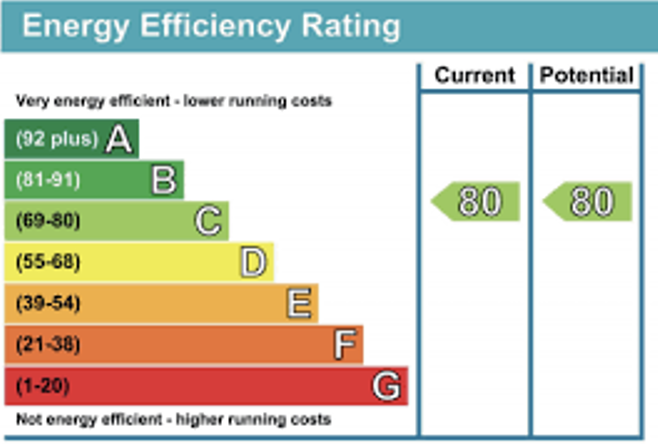Understanding EPC Regulations: Paving the way for more Sustainable Commercial Properties

In an era where environmental consciousness and energy efficiency are at the forefront of global concerns, Energy Performance Certificates (EPC’s) have emerged as a crucial tool in assessing and promoting energy-efficient buildings. Whether you are a commercial property owner of a business looking to lease a space or a landlord of a residential property, understanding changing EPC regulations is extremely important.
In this blog we will shed some light on the latest updates surrounding EPC regulations and the positive impact for commercial property owners.

What is an EPC?
Introduced in 2007 by the government, an EPC, short for Energy Performance Certificate, is a document that was implemented to raise the awareness of the energy that a building uses, to assess the energy efficiency, rating it from A (most efficient) to G (least efficient). Containing essential information, EPC’s provide insight into a property’s energy consumption, associated costs, and valuable recommendations for energy saving measures.
In the UK, an EPC is mandatory for any property constructed, rented, or sold, and must be made readily available for any prospective tenants or buyers to review prior to any transactions taking place.
The Latest News

As of the 1st of April 2023, new laws have been implemented by the government surrounding EPC ratings and their requirements as a result of the increasing worldwide focus on environmental regulations and sustainability, and it is no longer legal for a property to be let if it has an EPC rating below E. With this change to the law, landlords can now be fined up to £5,000 per property if any property they rent out does not reach the minimum E rating, with the exception of landlords that can prove they have already spent £3,500 improving their properties energy efficiency.
Although these exceptions have a 5-year limit, before they require renewal. The long-term goal of this change is for as many homes in England and Wales to be able to upgrade their EPC ratings to a C by 2030, contributing majorly to worldwide environmental targets.
So, it is incredibly important for property owners to jump on the bandwagon now to ensure they are ready for these future changes.
What Does this mean for Commercial Property?

The changing landscape of EPC regulations carries several positive implications for commercial property owners. There is no time to waste in making it a priority to ensure that your properties meet at least the minimum requirement.
A high EPC rating signifies energy efficiency and responsibility, which in the current climate makes properties more attractive to potential businesses and tenants, giving them a competitive edge in the real estate market. By investing in energy-efficient upgrades and obtaining a favourable EPC rating, commercial property owners can future-proof their investments.
As regulations continue to evolve, energy-efficient properties are more likely to remain compliant and avoid penalties. Additionally, energy-efficient buildings typically have lower operating costs due to reduced energy consumption. For commercial property owners this means significant savings on bills.
The new EPC regulations play a key role in promoting energy efficiency in the commercial property sector. It is now more important than ever for commercial property owners to recognise the significance of achieving higher EPC ratings, as it not only enhances the property’s marketability but also reduces operational costs and environmental harm.
Need more information surrounding the new regulations and what they mean for you? Get in touch with our expert commercial property team at Howard & Over to help you navigate these changes and the next steps.

